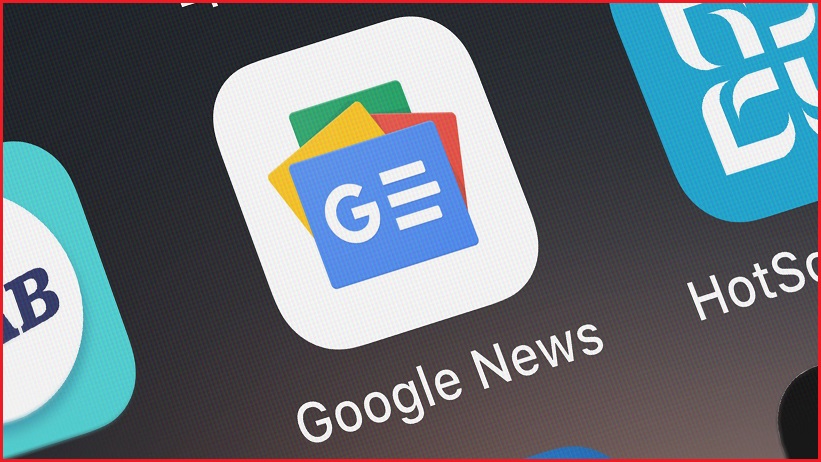Forcing digital media giants like Facebook and Google to pay content creators for their work “risks unintended consequences”, a copyright advocacy group has warned amidst a sea of plaudits for the government’s announcement that it would impose a mandatory code of conduct to ensure big-tech companies pay for third-party content they use.
Facebook and Google “have each become unavoidable trading partners for Australian news media businesses in reaching audiences online,” Federal Treasurer Josh Frydenberg said in announcing the direction of the Australian Competition and Consumer Commission (ACCC) to develop a mandatory code of conduct for digital media businesses.
The mandatory code – developed and imposed on the industry after the ACCC reportedly advised it was “unlikely” to be implemented voluntarily – will address a lingering “imbalance in bargaining power” when developing mutually satisfactory commercial arrangements.
With a draft due before the end of July, the code will address issues including the sharing of data, ranking and display of news content and the monetisation.
It will also provide formal enforcement, penalty and binding dispute resolution mechanisms around the policy – which marks part of the government’s staggered response to last year’s Digital Platforms Inquiry (DPI).
The voluminous DPI called out the imbalance of power that had left Australia’s media outlets in a tenuous commercial situation – a conclusion seemingly vindicated as COVID-19-era pressures force dozens of regional newspapers to shut down and commentators called for a rescue package to preserve media diversity.
A $54m stimulus package offered some relief but the moves against Google and Facebook represent the most explicit crackdown on the companies’ stranglehold over crucial advertising money – which, the government argues, the companies are reaping without compensating the creators of the content they curate.
Fighting the good fight
The social-media giants have previously lashed out at the DPI’s conclusions, with Facebook arguing that it was based on “misunderstandings” and “mischaracterisations” and Google suggesting that the company’s “ability to create products that are useful and successful relies on carefully balancing the interests of our users, publishers, and advertisers.”
Widespread support for the government’s move suggested that balance is perceived as being significantly out of line with community and industry expectations.
The move was heralded as “overdue but welcome” by political party The Greens, with spokesperson Senator Sarah Hanson-Young arguing that the big tech companies “have been ripping off Australians by taking content for free and making huge profits.”
“Finally the Government is doing something,” she said, “albeit late and after much suffering for Australian media and creators.”
The Media, Entertainment and Arts Alliance (MEAA) called the mandatory code “a welcome step forward”, arguing that forcing digital giants to pay for the content they use “will go some way towards providing a sustainable future for public interest journalism”.
“Google and Facebook have in part grown off the back of news content,” federal president Marcus Strom said, and “the creators of that content, news media outlets, have suffered while still producing vital public interest journalism.”
“The government has realised that voluntary codes don’t work when there is a bargaining power imbalance”.
Yet the move was not without its critics.
Chris Cooper, executive director of advocacy group Responsible Technology Australia, warned that the policy should mandate sharing of “real data about what fake news is going viral on the platforms”.
“Otherwise we face the scary possibility that forcing the tech giants to pay for real news could have the perverse effect of incentivising the amplification of fake news.”
And copyright advocacy group the Australian Digital Alliance said the government had “pre-empted” its earlier commitment to giving the industry nine months to negotiate a voluntary agreement.
A mandatory code “goes against the recommendation of the ACCC,” executive officer Jessica Coates said, “and risks unintended consequences for the rights of individuals and the news market as a whole.”
Tracking content using embedded code in news snippets – one technological mechanism mooted as key to mandatory enforcement – “would harm users’ ability to share news content freely ad participate in the public dialogue necessary for the democratic process”, she said while calling for consumer advocates to be represented during consultation over the reforms.
Coronavirus tipped the balance
Free TV Australia CEO Bridget Fair called the “ground-breaking” mandatory code “a crucial step forward” and said previous negotiations around a voluntary code of conduct “were essentially a delaying tactic for the digital platforms in the hope that these issues would blow over”.
“The serious impact of the COVID-19 crisis on the Australian media sector has made the case for Government intervention crystal clear”, Fair said.
Despite its support for the “appropriate” mandatory code, Labor Shadow Minister for Communications Michelle Rowland said in a statement that “it is disappointing that it has taken a global pandemic for this Government to find a sense of urgency about the state of Australia’s news media.”
Local media companies “must get a decent return for their investment in public interest journalism… [that] has never been under more pressure both commercially and from attacks by this Morrison Government obsessed with secrecy,” Rowland said.
The mandatory code would be a step forward compared to the “ideologically-motivated approach this Government took” she said, over the “poorly-conceived” Regional and Small Publishers Innovation Fund (RSPIF) – applications for which open later this month.










